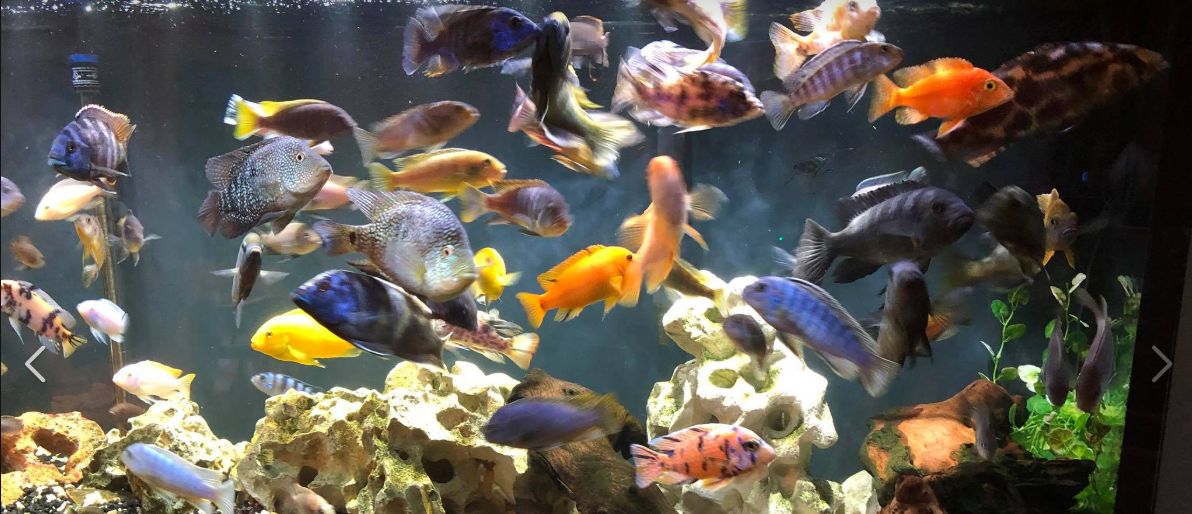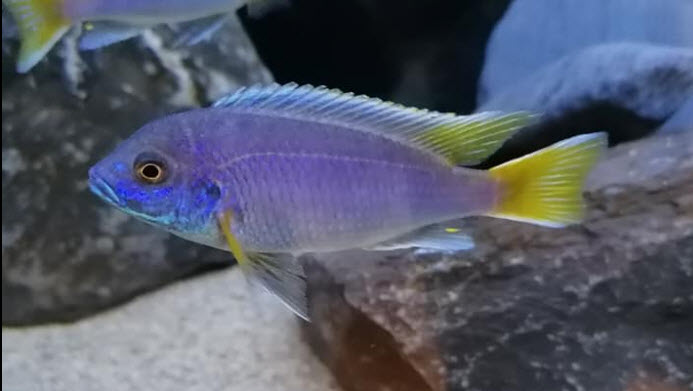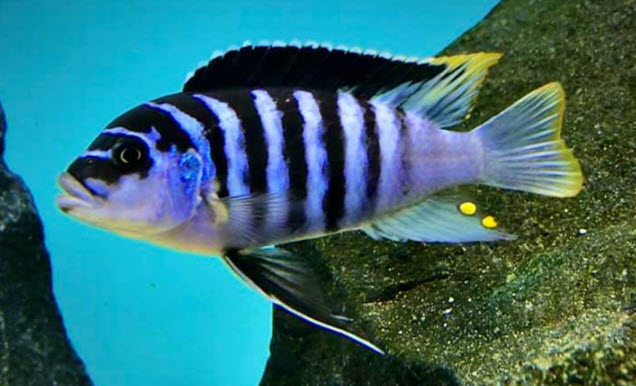
One very typical example of the profit motive at work is the promotion of Chloroquine Phosphate as an ich medication. The claims put out by the manufacturer of the product, as usual, combine fact with fiction in a blend that deceives many people. The manufacturer claims Chloroquine Phosphate kills the malaria organism, a true statement. Then the manufacturer claims that Chloroquine Phosphate kills the ich organism. They imply the two organisms are closely related and thus both vulnerable to Chloroquine Phosphate.
The scientific classification of malaria is as follows:
- Clade: Sar
- Phylum: Apicomplexa
- Class: Aconoidasida
- Order: Haemosporida
- Family: Plasmodiidae
- Genus: Plasmodium
The scientific classification of ich is as follows
- Clade: Sar
- Phylum: Ciliophora
- Class: Oligohymenophorea
- Order: Hymenostomatida
- Family: Ichthyophthiriidae
- Genus: Ichthyophthirius
Ich and malaria are in different phylums. What this means is that ich and malaria are about as closely related as a cockroach and an elephant (both are in the clade Animalia but in different phylums). Claiming Chloroquine Phosphate kills ich is like claiming an insecticide will kill an elephant. Chloroquine Phosphate is only known to kill a few organisms in the very small Family Plasmodiidae (and even then it often fails to do anything!).

Chloroquine Phosphate and COVID
On March 23, 2020, an Arizona man has died after ingesting chloroquine phosphate aquarium medication, believing it would protect him from becoming infected with the coronavirus. The man’s wife also ingested the substance and was under critical care. The couple mistook chloroquine phosphate for the closely related hydroxychloroquine being pushed by some as a cure for COVID 19.
This was followed by the Federal Drug Administration (FDA) moved against all suppliers of aquarium Chloroquine Phosphate. Four suppliers of this medication who marketed this medication were hit with heavy duty letters telling them basically to stop supplying ALL aquarium fish medications they were supplying, not just the Chloroquine Phosphate.

The FDA said the following:
“Based on our review, your products are for use in ornamental aquarium fish species, which are minor species as defined by sections 201 of the FD&C Act [21 U.S.C. §§ 321]. As drugs for minor species, they are considered “new animal drugs” under section 201 because they are not the subject of a final FDA regulation published through notice and comment rulemaking finding that the drug has been generally recognized among experts qualified by scientific training and experience to evaluate the safety and effectiveness of animal drugs, as safe and effective for use under the conditions prescribed, recommended, or suggested in the labeling. To be legally marketed, a new animal drug must have an approved new animal drug application, conditionally approved new animal drug application, or listing on the Index of Legally Marketed Unapproved New Animal Drugs for Minor Species (“index listing”) under section 512, 571, or 572 of the FD&C Act [21 U.S.C. § 360b, 360ccc, or 360ccc-1].“
This was a huge over-reaction. But it outlines just how easy it would be for ALL fish medications to be banned.
To see the letter see this link: https://www.fda.gov/inspections-compliance-enforcement-and-criminal-investigations/warning-letters/everything-aquatic-610530-10062020
If the FDA ever applied this across the board, the fish hobby in the USA would be just as difficult as Canada is currently facing (all effective fish drugs have been banned in Canada).
Return to Ineffective Treatment Menu
.
Aquarium Science Website
The chapters shown below or on the right side in maroon lead to close to 400 articles on all aspects of keeping a freshwater aquarium. These articles have NO links to profit making sites and are thus unbiased in their recommendations, unlike all the for-profit sites you will find with Google. Bookmark and browse!
.

